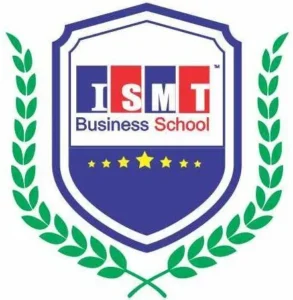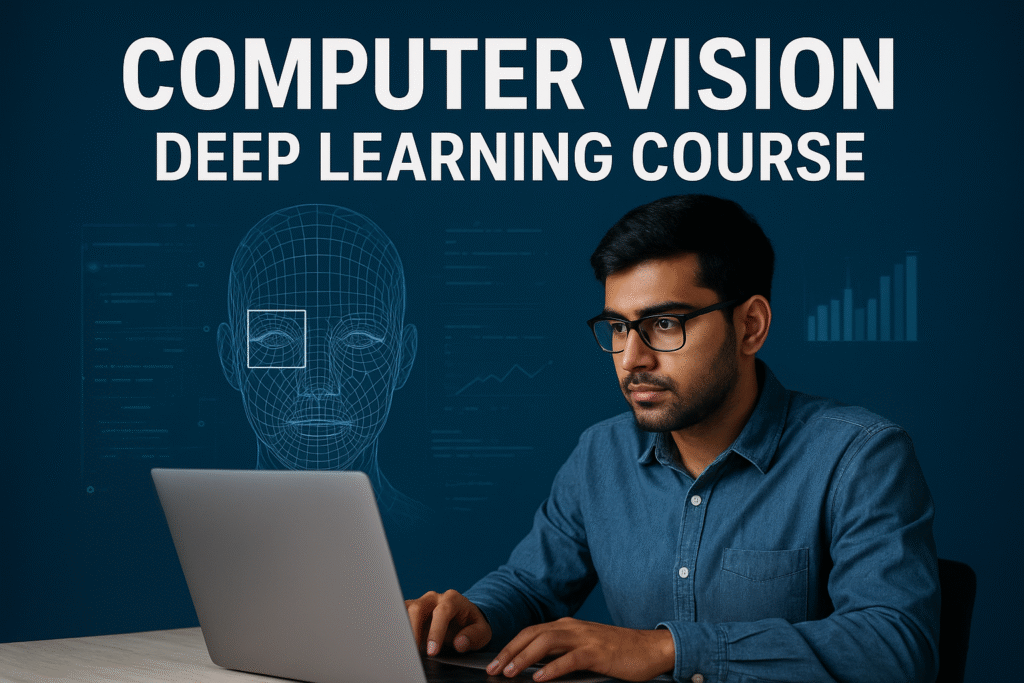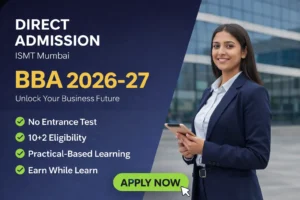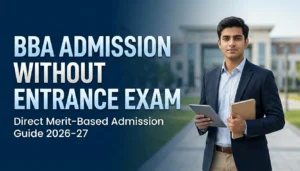Overview
Computer vision is one of the fastest-growing areas in AI, and companies across healthcare, automotive, retail, security and media are hiring engineers who can turn images and video into actionable intelligence. ISMT Business School’s computer vision deep learning course is designed to teach modern convolutional neural networks, transfer learning, object detection (YOLO / SSD / Faster R-CNN), segmentation (U-Net, Mask R-CNN), and practical deployment (TensorRT, ONNX, edge inferencing). The syllabus balances mathematical foundations with real projects—so students graduate with code, models and an industry portfolio.
Why choose ISMT’s course
- Industry-focused curriculum: Emphasis on PyTorch/TensorFlow, model optimization, and production pipelines so learners can contribute quickly in commercial teams.
- Hands-on projects: Real datasets and capstone projects (face/pose estimation, autonomous navigation modules, retail analytics).
- Flexible learning for professionals: Weeknight/weekend batches and placement assistance tailored to Mumbai tech recruiters. See ISMT Programs.
Eligibility
Typical entrants include:
- Graduates in B.Tech / B.Sc. (CS/IT/Electronics) or BCA / MCA / M.Sc. (CompSci) wanting to upskill.
- Working professionals in software, analytics or robotics seeking a role change into AI/computer vision.
- Strong applicants often have prior exposure to Python and basic machine learning concepts; however, ISMT provides preparatory modules for newcomers to programming.
Course Duration
ISMT positions this as an intensive professional program—most cohorts run between 3 to 6 months depending on part-time or full-time options, with longer tracks available that include extra mentorship and placement support. Shorter bootcamps (4–8 weeks) for focused topics (e.g., YOLO deployment or model quantization) may also be offered. Always confirm the next cohort dates on ISMT’s course page.
Fees
Fees for practical, industry-oriented deep learning courses vary widely across providers. ISMT’s pricing is positioned competitively for Mumbai professional training—structured payment plans and early-bird discounts are typically available. For exact and current fee details contact ISMT Admissions (phone details below) or view the course page.
Admission Process
A typical admission flow for ISMT technical programs includes:
- Inquiry & counselling — speak with admissions to choose the right track. (ISMT contact details below).
- Application form — submit academic details and previous project/experience.
- Screening / short interview — short technical discussion or aptitude screening to place you in the right batch.
- Fee payment & onboarding — receive pre-work and access to the LMS.
ISMT also lists “direct admission” options in some undergraduate programs; for course-level specifics consult the official course page.
Curriculum highlights
- Foundations: Linear algebra, probability, optimization for deep networks.
- Computer vision basics: Image processing, feature extraction, classic pipelines.
- Deep learning for vision: CNNs, ResNet, EfficientNet, transfer learning.
- Object detection & segmentation: YOLO family, Faster R-CNN, Mask R-CNN, U-Net.
- Advanced topics: Attention mechanisms, vision transformers (ViT), self-supervised learning.
- Model deployment: ONNX conversion, quantization, edge deployment (Raspberry Pi / Jetson), cloud inference.
- Capstone project: End-to-end solution with a report and code repository suitable for interviews and portfolios.
Career Opportunities & Salary Outlook
Completing a strong computer vision deep learning course opens roles such as:
- Computer Vision Engineer / Deep Learning Engineer
- Robotics Perception Engineer
- ML Engineer (Vision pipeline focus)
- Research Engineer (applied vision)
- Product roles in AI startups (ML/Computer Vision Specialist)
Salary ranges in India vary by experience and city; freshers with strong projects often start at competitive entry-level packages in product companies and startups, while experienced practitioners working on production vision systems command higher mid-career salaries. For market context and course comparisons, see listings on Shiksha and Collegedunia.
Regulatory & Quality signals
When choosing a course, consider whether the institute follows recognized quality standards and aligns with national frameworks. Useful references:
- AICTE (All India Council for Technical Education) — policy updates on technical education and AI curriculum integration.
- UGC (University Grants Commission) — oversight for degree-level programs and online/distance regulations.
For short professional certificates the regulatory oversight differs from formal degrees; check whether the certificate includes industry-recognized badges, project assessments, or university collaboration.
How ISMT supports placements & industry links
ISMT publishes placement assistance, corporate tie-ups and recruiter outreach as part of its career support. Hands-on capstones and interview-ready projects are emphasised to make candidates job-ready in vision roles—always ask admissions for the latest placement statistics and employer lists.
FAQs
Q — Who should enroll in the Computer Vision Deep Learning Course?
Q — Do I need prior ML experience?
Q — Is this course job-oriented or academic?
Q — Are certifications industry-recognized?
Q — Where can I compare similar courses?
Practical next steps
- Visit ISMT’s course page for the Computer Vision Deep Learning Course for syllabus and upcoming batch dates.
- Contact admissions (phone / email) to request syllabus PDF, fee schedule and scholarship/EMI options.
- Prepare a short portfolio (Github projects, Kaggle notebooks, college projects) to strengthen your application.
ISMT Business School – Contact
6th Floor, Sai Lee International, Old MHB Colony, Near Don Bosco Signal, Gorai Road, Borivali West, Mumbai, Maharashtra (400092). Phone: 9930526101 / 8976055540.
Author & Review box
Author: ISMT Business School – Centre for Applied AI & Executive Programs
Reviewed by: ISMT Faculty — Data Science & Computer Vision Team
Date: Article updated using ISMT public course information and national regulator references. For exact batch dates, fees and syllabus PDF download, refer to the ISMT course page.





